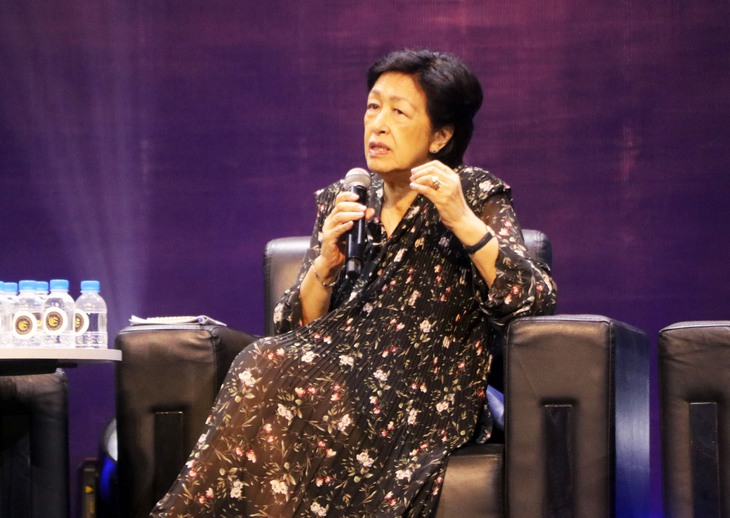
Diplomat Ton Nu Thi Ninh shares her perspective on preserving Vietnamese culture from foreign teachers in international schools - Photo: TRONG NHAN
Speaking at the forum, diplomat Ton Nu Thi Ninh affirmed that the presence of international schools and international programs in Vietnam is a trend in the integration period. However, the problem lies in how to preserve Vietnamese values in a global learning environment.
According to her, this challenge partly comes from the foreign teaching staff themselves. She believes that many "Western teachers" come to Vietnam to teach with the mindset of "bringing the world into the classroom", but do not care or do not see the need to understand the country in which they teach.
She recalled that when she first returned to Vietnam to study at the old Marie Curie school, her French teachers asked her to choose a French name for convenience - even though her name was "Ninh", which was very easy to pronounce. Moreover, when she studied in France, no one forced her to change her name.
According to her, disrespect for local culture starts from seemingly small things. And to this day, many foreign teachers in Vietnam still have that mentality. It is worth mentioning that these teachers are highly paid but do not try to learn how to... pronounce Vietnamese names, or more broadly, understand more about the identity of the country where they are teaching.
According to Ms. Ninh, schools should not indulge foreign teachers, but should act as cultural negotiators. When recruiting, the criteria should not only be qualifications or experience, but also set clear requirements for adaptability and willingness to learn local culture. The teacher's learning attitude is very important.
"International schools should not 'indulge' foreign teachers," Ms. Ninh said. "They not only know about Silicon Valley and Hollywood, but they don't know much about what happens in the country."
As for parents, she believes they also have a responsibility to preserve their identity. She recounted meeting a family who spoke English to their children when they returned from an international school.
"I asked myself: Is speaking English 7-8 hours at school not enough? Do I have to speak English at home too? I think we integrate into the world but we have to know who we are and maintain our position."
From another perspective, Dr. Nguyen Chi Hieu - CEO of IEG GlobalEducation Organization - likened the combination of international programs and Vietnamese programs to two streams of salt and fresh water meeting.
According to him, integrating the program alone is a complex problem, let alone integrating culture. Therefore, schools need to clearly define the boundaries.
For example, he believes that teaching in Vietnam cannot ignore Vietnamese Teachers' Day, Mid-Autumn Festival or Lunar New Year. Because children still live and grow up in Vietnamese society. "There are things that can be compromised, but there are also values that should not and cannot be compromised," Mr. Hieu said.
Mr. Thanh Bui - founder of Embassy Education - believes that if cleverly designed, the intersection between international programs and Vietnamese culture can create a comprehensive educational environment - where students have both modern academic abilities and pride in their roots.
Experiential activities, personal projects or cultural clubs are the "gateway" to bring Vietnamese elements into the curriculum in a natural and lively way. "If done well, international schools can become a unique cultural space in the midst of globalization," he said.
Source: https://tuoitre.vn/nhieu-giao-vien-nuoc-ngoai-o-viet-nam-thieu-ton-trong-van-hoa-ban-dia-can-thay-doi-20250510192344411.htm






![[Photo] Party and State leaders visit former President Tran Duc Luong](https://vphoto.vietnam.vn/thumb/1200x675/vietnam/resource/IMAGE/2025/5/24/960db9b19102400e8df68d5a6caadcf6)
![[Photo] Ho Chi Minh City holds funeral for former President Tran Duc Luong](https://vphoto.vietnam.vn/thumb/1200x675/vietnam/resource/IMAGE/2025/5/24/9c1858ebd3d04170b6cef2e6bcb2019e)
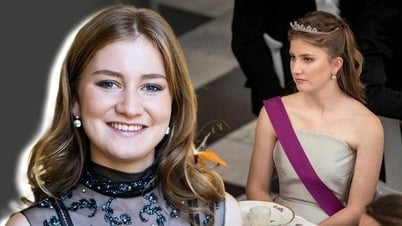



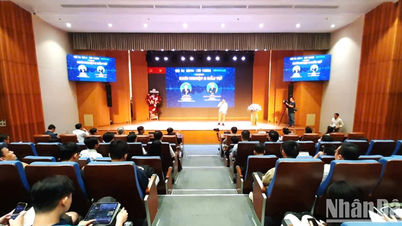

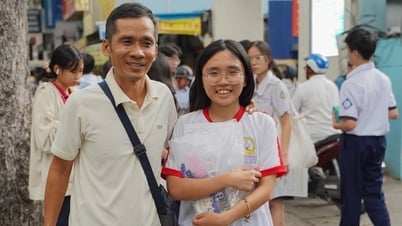
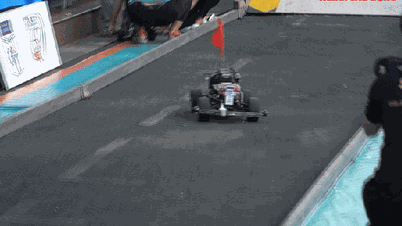

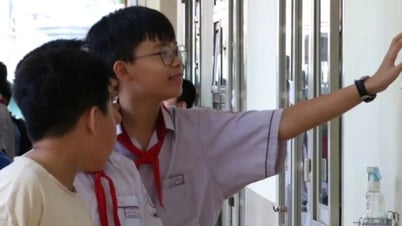









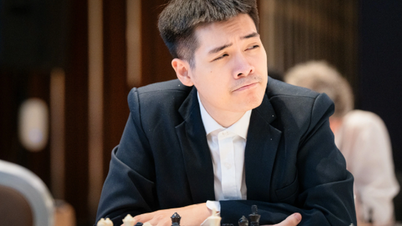
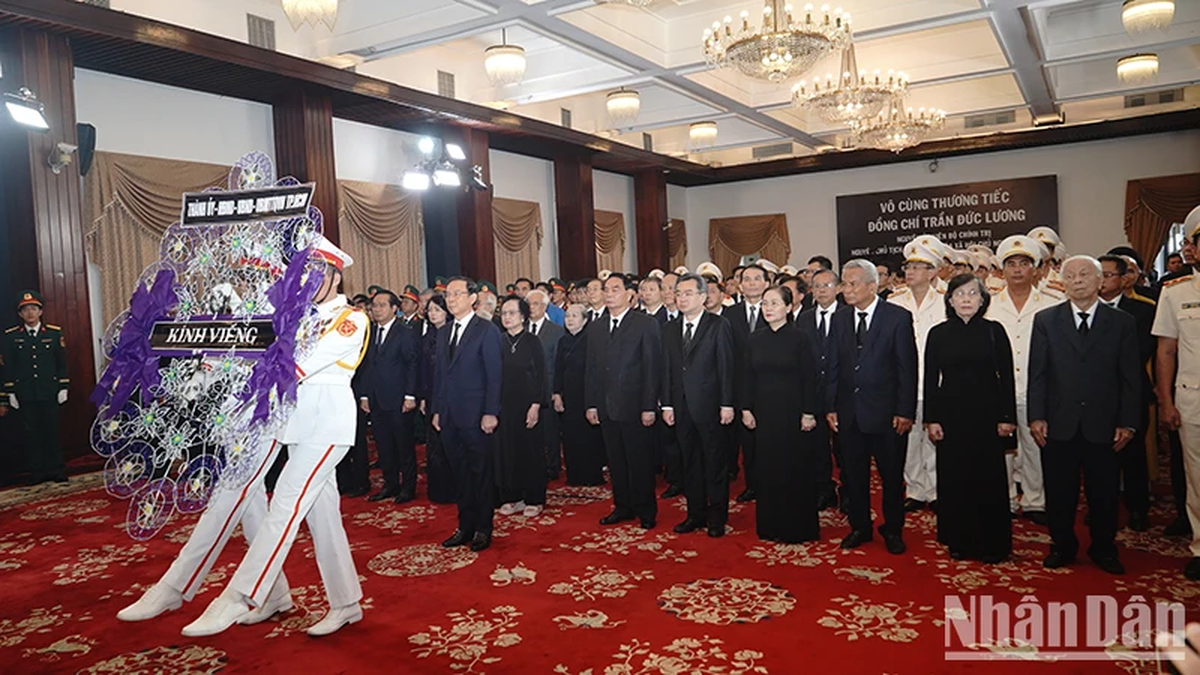
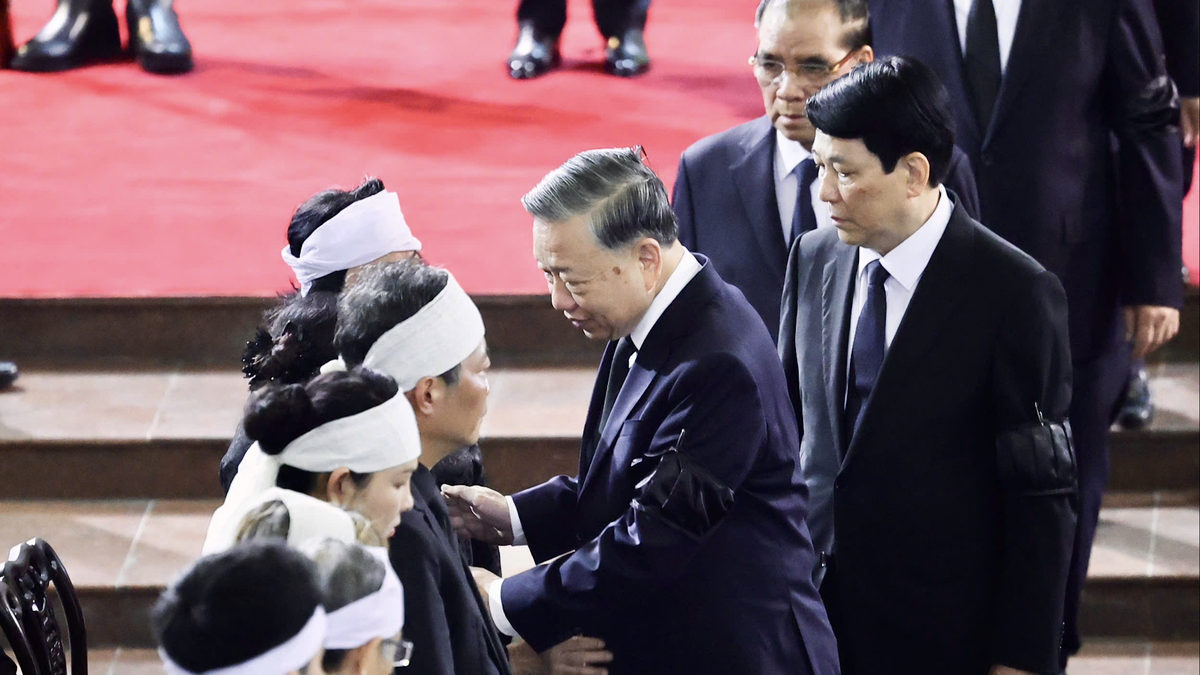
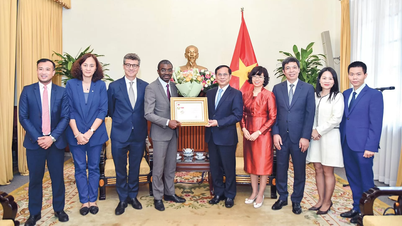







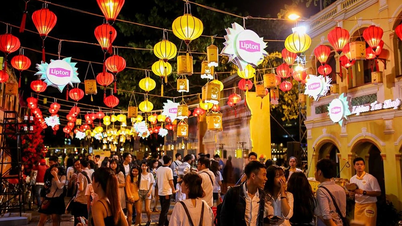

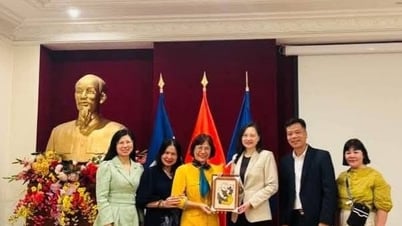




















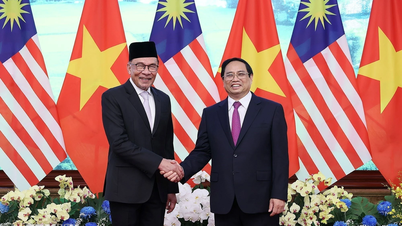

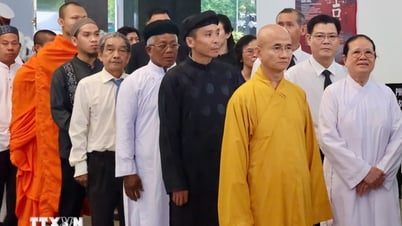
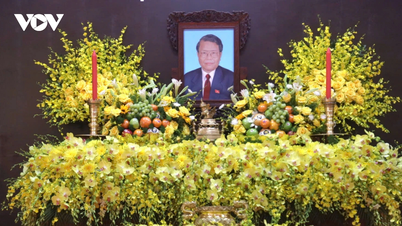
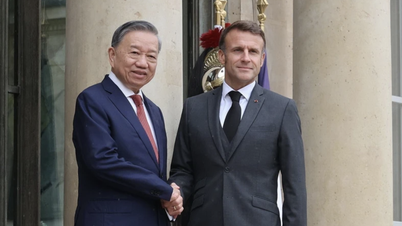
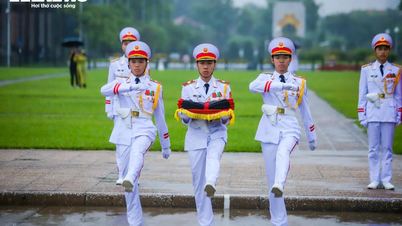








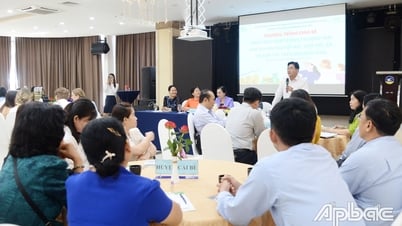



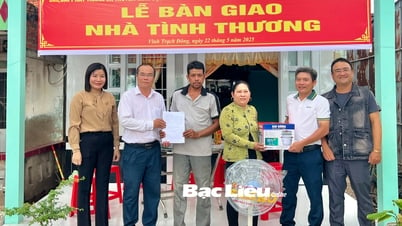
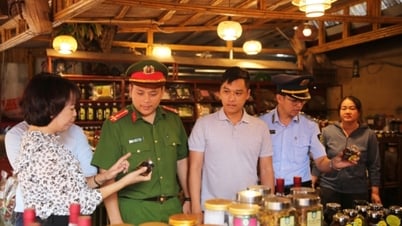



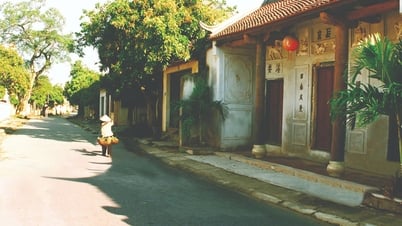











Comment (0)